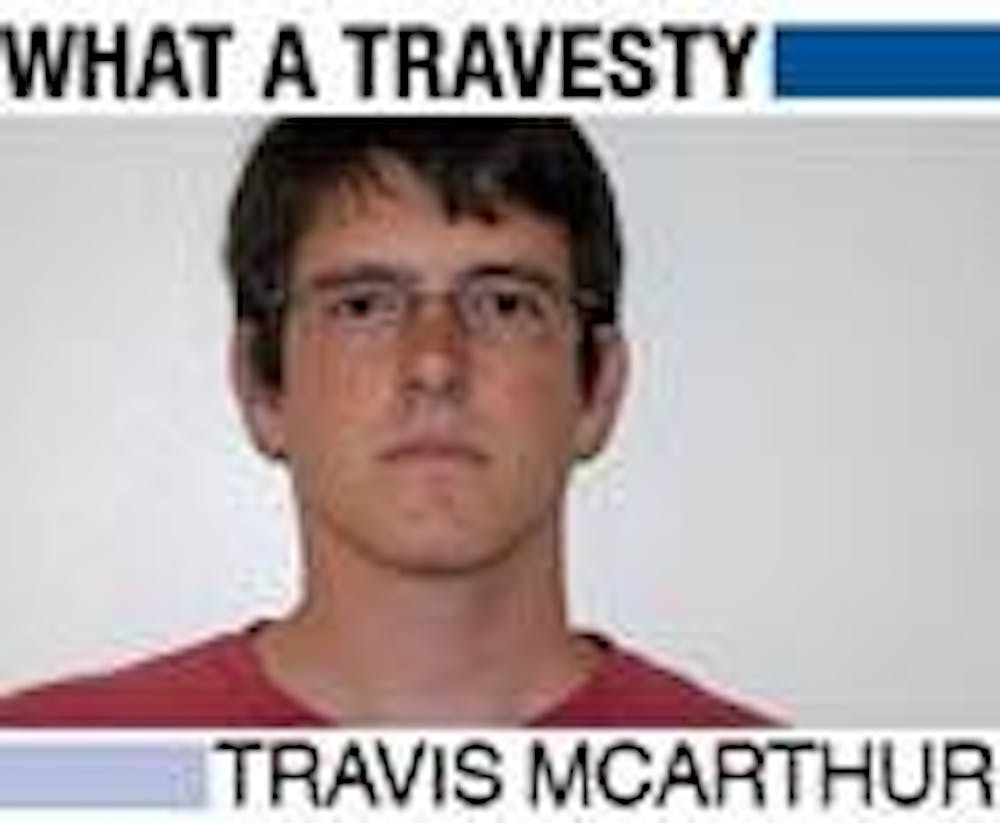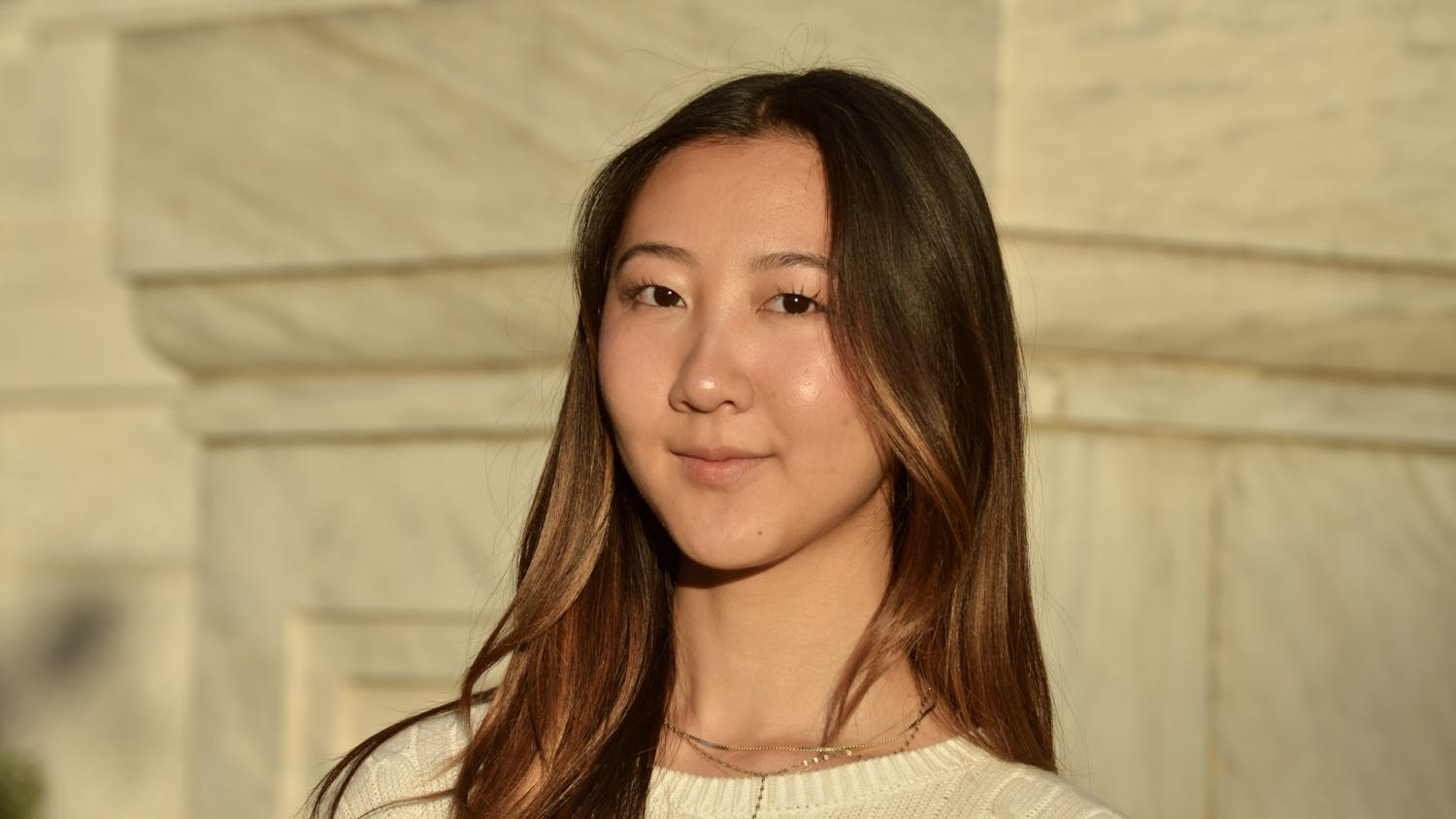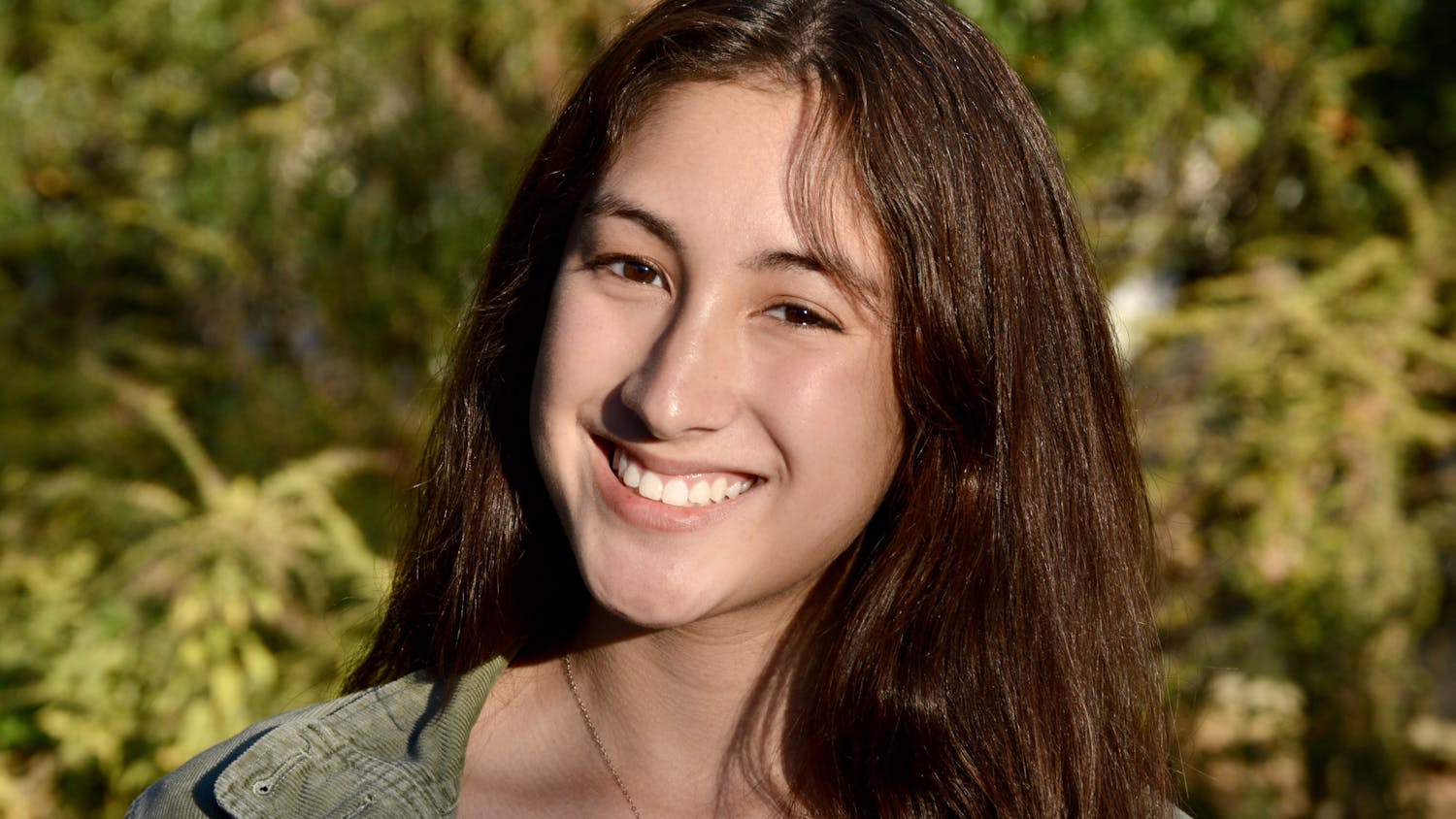In November, D.C. Mayor Fenty and School Chancellor Michelle Rhee announced a plan to reduce the number of operational public schools in the District from 143 schools to 121 schools in an effort to redirect scarce funds. The plan is expected to reassign 5,000 public school students to other schools. Although this proposal has raised concerns among teachers, community activists and politicians, it is a necessary step on the road to improving D.C.'s poorly performing public schools.
At first glance, the proposal seems counterproductive. A plan to improve a school system should include opening more schools, not closing them, right?
However, this view ignores important trends affecting D.C. schools. Due in part to the low quality of instruction in the District, parents have enrolled their children in private schools or moved out of D.C. In 2001, enrollment in public schools stood at 68,000 students. Today, fewer than 50,000 students are in the school system and more than half of the schools operate below enrollment capacity. Nearly all the schools slated for closure under Fenty's plan have seen enrollment numbers drop 20 to 60 percent over the past five years.
Opponents of the plan would have observers believe that there is a groundswell of opposition to Fenty's plan among parents. An examination of the composition of the opposition groups reveals a different narrative. In an attempt to appear responsive to constituents, Fenty scheduled 23 simultaneous meetings earlier this month, one for each proposed school to be closed, to enable city officials to listen to parents' concerns about the closings. Opposition leaders called for a boycott of the hearings and planned an alternative "people's hearing."
As reported by the D.C. City Paper, however, most of the attendees at this alternative hearing were teachers, community activists and politicians, not the parents who are supposed to be most concerned about the closings. Most of the attendees at the official hearings, on the other hand, simply wanted more information about the closings.
These opponents criticize the negative aspects of the plan without considering the positive benefits of the closings. Chancellor Rhee has estimated that the closings will free up $24 million dollars of the District's school budget. This money will be used to expand educational programs for children 3 and 4 years old, improve the District's special education programs and implement arts programs in schools.
As a student pursuing a degree in Economics, I appreciate the significance of working with limited resources. To modify Rumsfeld's famous statement, D.C. can only tackle school reform with the limited budget available now, not the budget that we may wish to have. Keeping these half-empty schools open will continue to consume a great share of the budget, tying the hands of Fenty and Rhee in their quest to improve the District's schools.
The underlying issue in this debate is that Fenty failed to consult with D.C. council members, teachers and parents before unveiling his plan. In a perceived slight to the D.C. city council, The Washington Post reported on Fenty's plan before the council was notified of the proposal. The school closure plan is just the latest example of Fenty's secretive governance style. Chancellor Rhee has pledged to modify the plan based on public comments, but Fenty has to do more to reassure residents that they are being included in major District decisions.
Ultimately, any reform program must prioritize allocating resources as efficiently as possible. With a nationwide recession upon us, there is little hope of a funding boost for D.C. schools as tax revenues are likely to stagnate. Closing schools may be difficult and upsetting, but no great task was ever easy.
Travis McArthur is a senior in the School of Public Affairs and a D.C. politics columnist for The Eagle.





